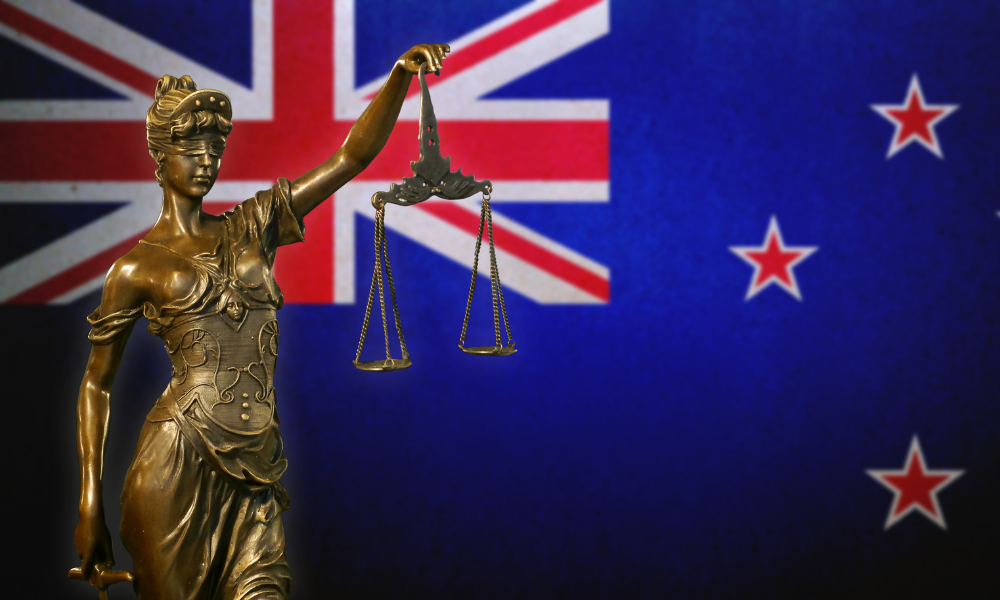
Judicial Conduct Panel not to be appointed until determination of review application, court says

The High Court has granted an interim order preventing the acting attorney-general from appointing a Judicial Conduct Panel based on the judicial conduct commissioner’s recommendation until the determination of a judicial review application filed by the judge involved.
On 18 December, The Post published an article reporting that a serving district court judge and her partner had apologised for “verbally attacking” certain individuals at a Christmas party in a private members’ club. The article included allegations about the conduct of the judge and her partner. Other media outlets released similar reports.
The judicial conduct commissioner received a referral under s. 12(2) of the Judicial Conduct Commissioner and Judicial Conduct Panel Act 2004 (JCCJCP Act) in connection with the judge’s conduct.
On 23 January, under s. 18 of the JCCJCP Act, the commissioner recommended that the attorney-general appoint a Judicial Conduct Panel to inquire into matters relating to the judge’s conduct.
The judge applied for judicial review of the commissioner’s decision and requested interim orders:
On 12 February, the acting attorney-general’s counsel advised that he did not oppose the issuance of an interim order preventing access to the court file but did oppose the continuation of the order for the appointment of a panel.
In Aitken v Judicial Conduct Commissioner [2025] NZHC 190, the High Court granted the judge’s application. The first interim order requested above should continue until trial, given that the acting attorney-general should not take any further action that would impact the judicial conduct commissioner’s decision until a further court order, the court ruled.
The High Court ordered that nobody other than a party to this proceeding should access the court file and record in connection with this proceeding without leave of a High Court judge until a further court order.
The court also issued an order suppressing publication of any aspect of the commissioner’s proceedings to the extent that it was not already in the public domain. The court deemed this necessary to protect the commissioner’s confidentiality duty under s. 19 of the JCCJCP Act.
The court considered discretionary factors relevant to this proceeding. First, the court held that the merits of the case overall favoured granting interim relief, given that the grounds appeared at least arguable.
Next, the court considered the statutory power involved and the public and private repercussions of granting relief neutral factors. The court accepted that delaying the statutory process might affect the timeliness of the complaints process and might ultimately undermine public confidence.
However, the protection of judicial independence informed the JCCJCP Act and promoted confidence in the judiciary, the court noted. Allowing a process leading to removal to proceed when illegality might impact it could also undermine Parliament’s objective, the court added.
Lastly, the court determined that the factors relating to the duration of any interim order, the balance of convenience, and the overall justice of the case clearly favoured granting an interim order.